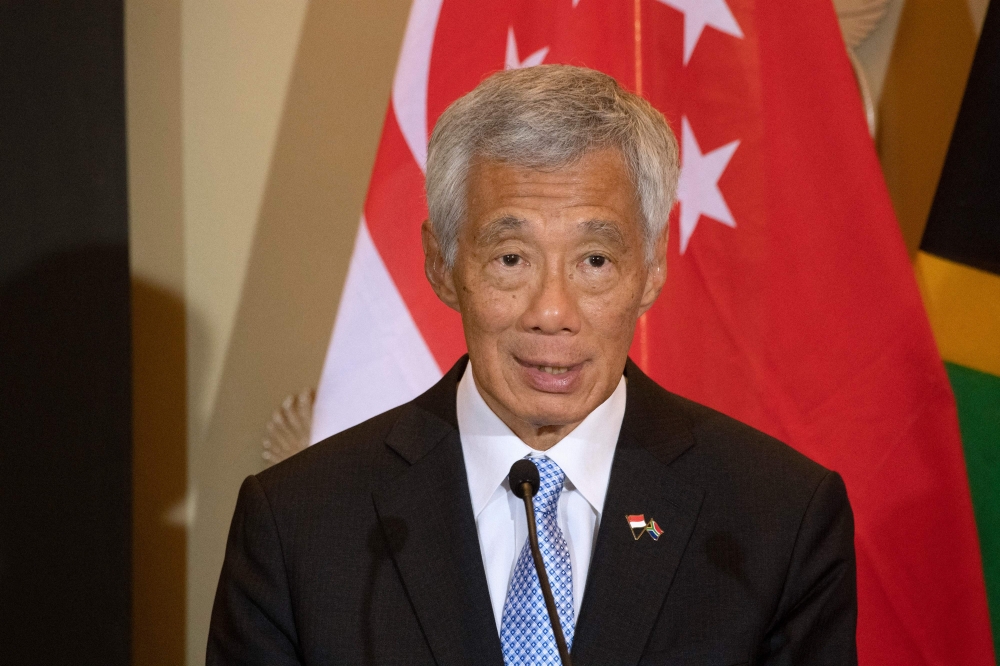JULY 30 — It has been meme season in Singapore; anyone with even a remote interest in Singaporean politics would have noticed that the last few weeks have been interesting.
It started with accusations directed at senior ministers who were alleged to have rented large properties from the SLA (Singapore Land Authority) through a bidding process and paid rents well below market rates.
Though the government investigated and found no wrongdoing, the optics of ministers residing in such luxurious properties at relatively high rents while many Singaporeans struggle to afford basic living were highly unfavourable.
As the fallout from this controversy was still reverberating in Singapore’s media and online spaces, the next shockwave hit with the arrest of Transport Minister S. Iswaran.
He was taken into custody seemingly on charges of graft in connection with tycoon Ong Beng Seng, a prominent businessman and billionaire known for bringing the Formula One Grand Prix to Singapore.
Ong’s company, along with the Singapore Tourism Board, had been awarded the rights to host the Grand Prix. The arrest and investigation appeared to focus on Ong’s dealings and his relationship with Iswaran.
While the minister has been released on bail, the arrest of a serving minister in Singapore was quite extraordinary.
As people were digesting this news, another blow came with the resignation of Tan Chuan Jin, the Speaker of Parliament. It emerged that he had stepped down due to an extramarital affair with another government parliamentarian, Cheng Li Hui, who also resigned.
All this obviously creates a significant headache for our long-serving prime minister, Lee Hsien Loong.
Lee came to power in 2004 and has managed to create a strong legacy of his own, stepping out from the shadow of his father Lee Kuan Yew, the founder of Modern Singapore.
Under Lee Hsien Long’s leadership, Singapore has, by most metrics, flourished. Under Lee Kuan Yew, Singapore became an affluent city in South-east Asia but over the last few decades, Singapore has established itself as a global financial centre, one of the richest countries in the world. The prime minister must be given credit for this.

However, as he approaches his 20th year in power and enters his eighth decade of life, just when he should be looking to step back and bask in his impressive legacy, it’s Lee who has had to issue statements promising transparency, reflection, and correction to steady the ship.
The ruling PAP, which Lee has helmed for two decades, seemed to have been struggling to put a successor in place. Now Deputy Prime Minister Lawrence Wong is acknowledged to be the designated future PM but Lee remains the most powerful man in the country.
To some extent, the ruling PAP is a victim of its own high standards. There are nations where an MP’s extramarital affair would be seen as private business and not necessarily impact his standing in government.
However, the PAP has long maintained that it is a party of exceptional moral and professional standards. Having established these standards, the government is expected to abide by them.
The demand for transparency seems to be amplifying, with ordinary Singaporeans repeating the mantra “own self check own self,” and this presents our prime minister with a real headache.
To add to his headache, even his own siblings have publicly questioned his ability to lead and the PM is involved in a longstanding feud with them over his father’s estate, which started with a debate over property on Oxley Road but has spiralled into general attacks.
Facing attacks from his own family, misbehaviour from senior members of government, and with untested junior leaders beneath him... I don’t envy PM Lee.
Despite all the good work he has done, at a time when he should be focusing on retirement, he will now have to fight hard to maintain his legacy.
*This is the personal opinion of the columnist.






















